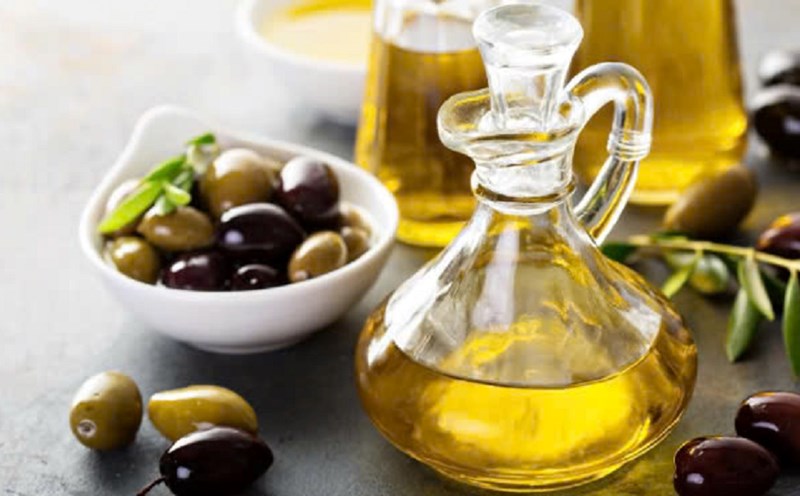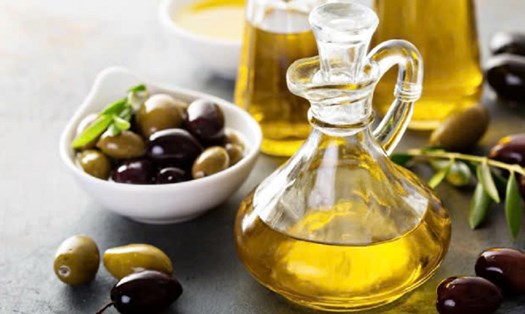Dr Varun Bansal - Consultant cardiac surgeon, Indraprastha Apollo Hospital, New Delhi (India) - said: "Butter is commonly used for cooking, baking and is a source of vitamins A, D, E. However, butter is high in saturated fat and calories, which can be linked to heart disease, especially for people with heart disease."
Vegan Oil Alternatives to Butter
Olive oil
“Olive oil is high in monounsaturated fats, especially oleic acid. This helps lower low-density lipoprotein (LDL) cholesterol levels, while maintaining or even increasing high-density lipoprotein (HDL) cholesterol levels. This balance is essential to reduce the risk of cardiovascular disease,” says Dr. Varun Bansal.
Additionally, olive oil also contains antioxidants, such as polyphenols, which have anti-inflammatory properties. These compounds also contribute to its ability to protect against chronic diseases such as heart disease and diabetes.
Palm oil
Palm oil is derived from the fruit of the oil palm tree, which is mainly grown in tropical regions. Red palm oil, in particular, retains its deep orange color due to its high beta-carotene content. It contains a balance of saturated and unsaturated fats, with about 50% of the fat in palm oil being saturated. However, it is also rich in oleic acid, a heart-healthy monounsaturated fat. Additionally, the antioxidant content of red palm oil, especially vitamins A and E, helps protect the body from oxidative stress.
Avocado oil
Avocado oil is extracted from the pulp of avocados. It is rich in monounsaturated fats and contains oleic acid, which is known to support heart health by reducing inflammation and improving cholesterol levels. It is also high in lutein, an antioxidant that helps improve eye health. Avocado oil also contains vitamins E and K, which support skin health and bone health.











